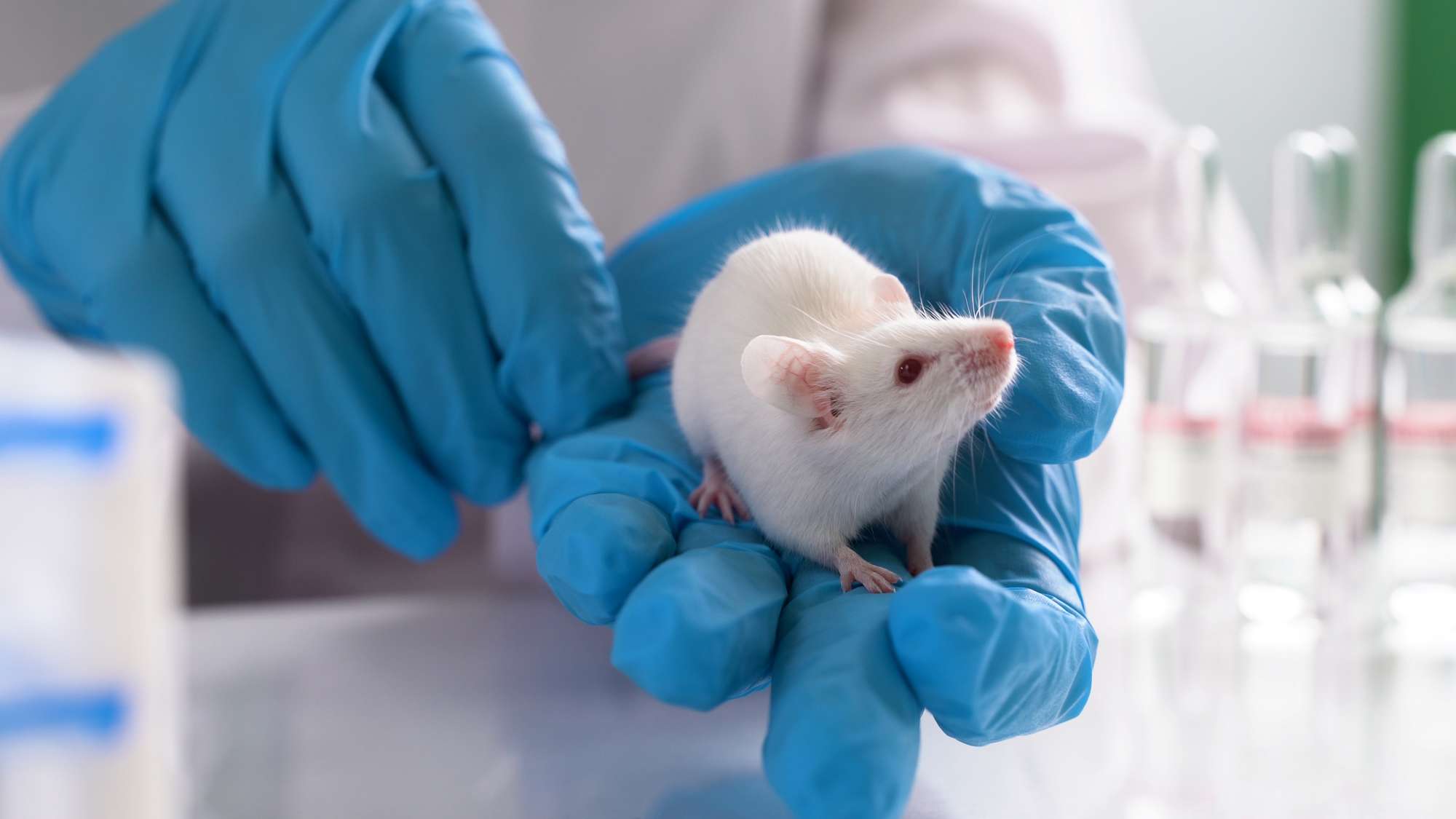Intermittent fasting is not as effective for weight loss in obese or overweight individuals, according to a meta-analysis
A meta-analysis published in the Cochrane Database of Systematic Reviews concludes that intermittent fasting is not particularly effective for weight loss in adults who are obese or overweight, who showed moderate weight loss. This strategy also does not differ significantly from standard dietary advice or improvement in quality of life. The review included 22 studies with nearly 2,000 participants and evaluated various forms of intermittent fasting, including restricting food intake for most of the day and fasting every other day.









